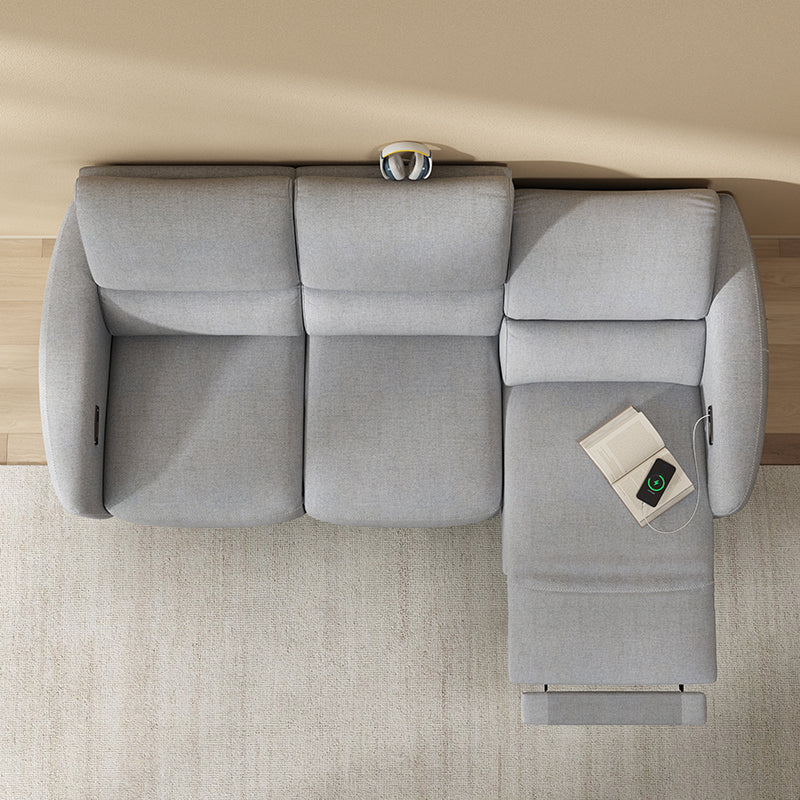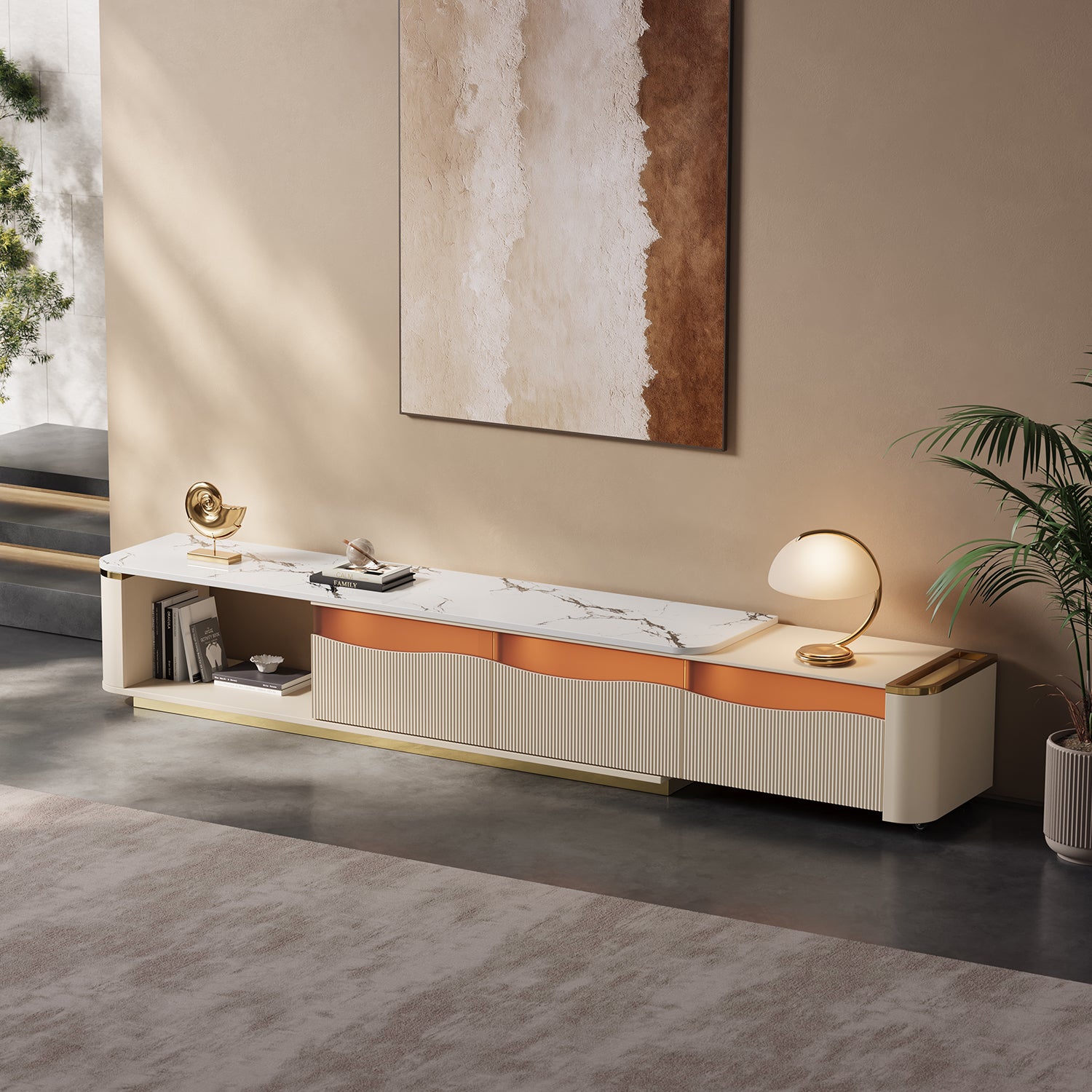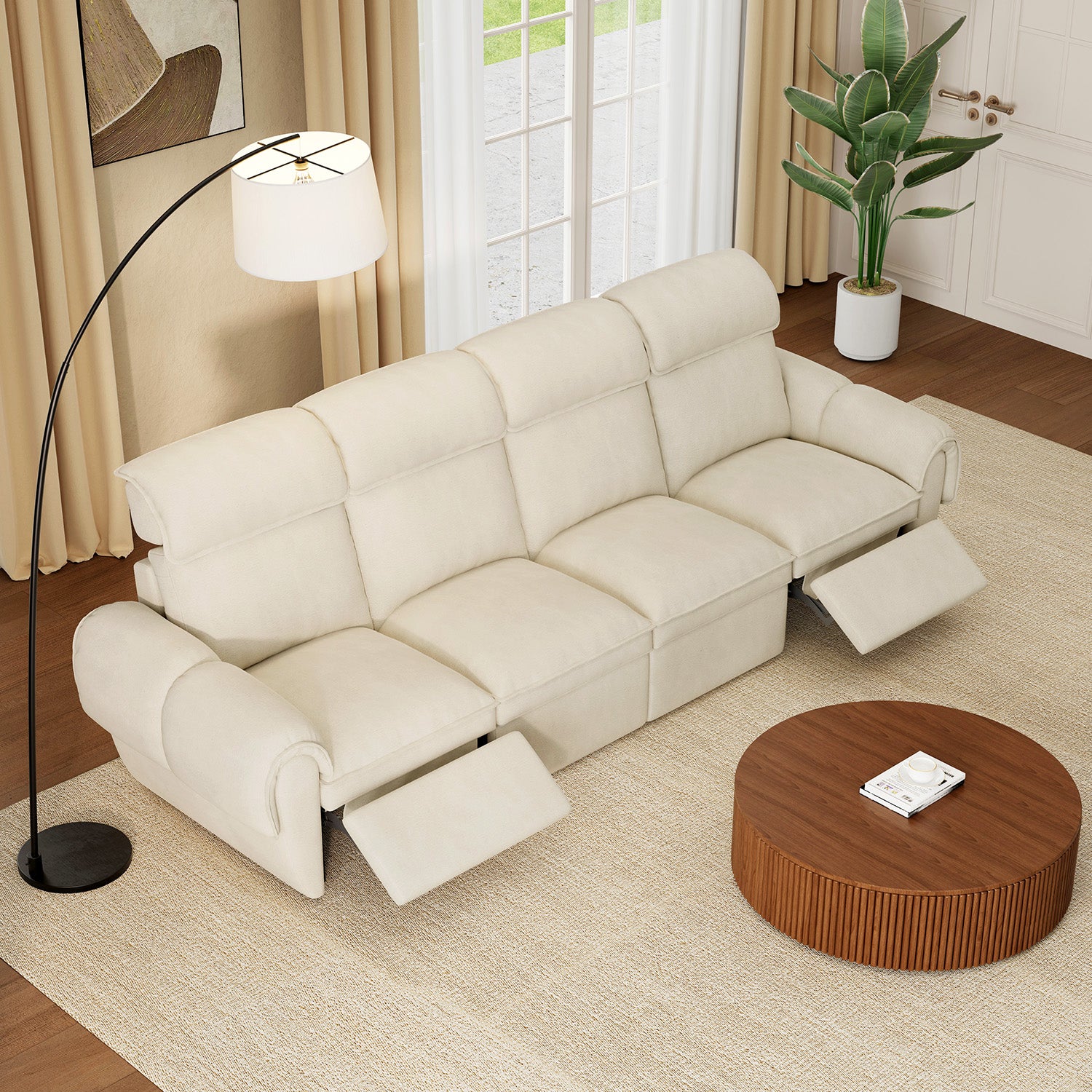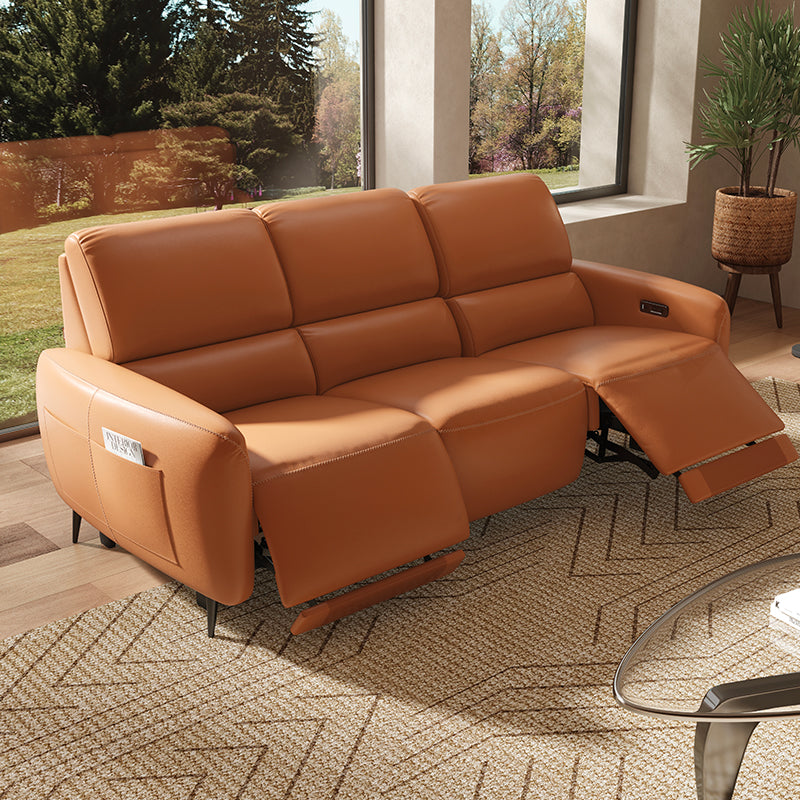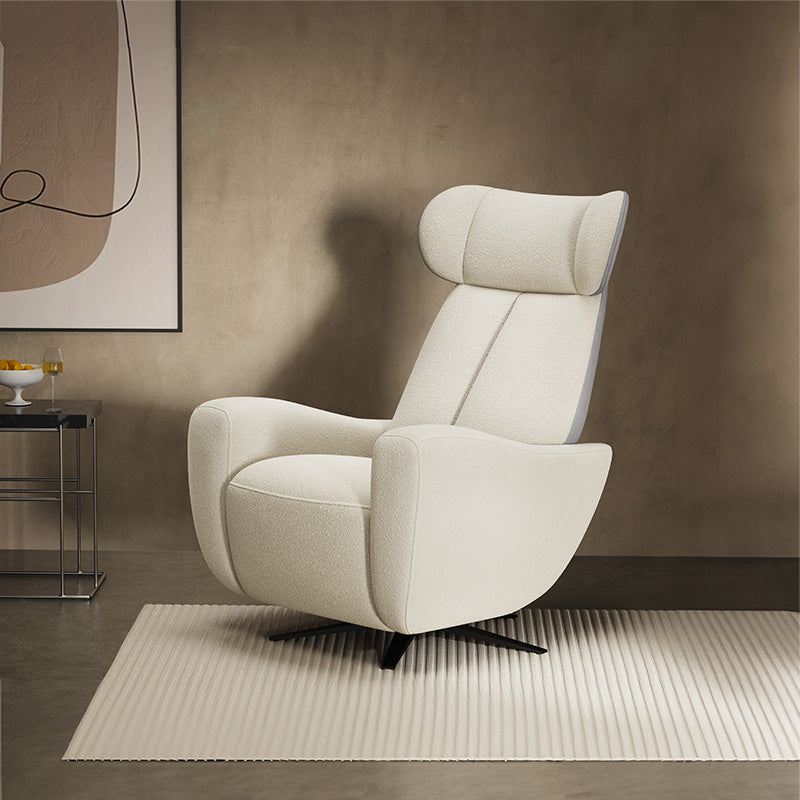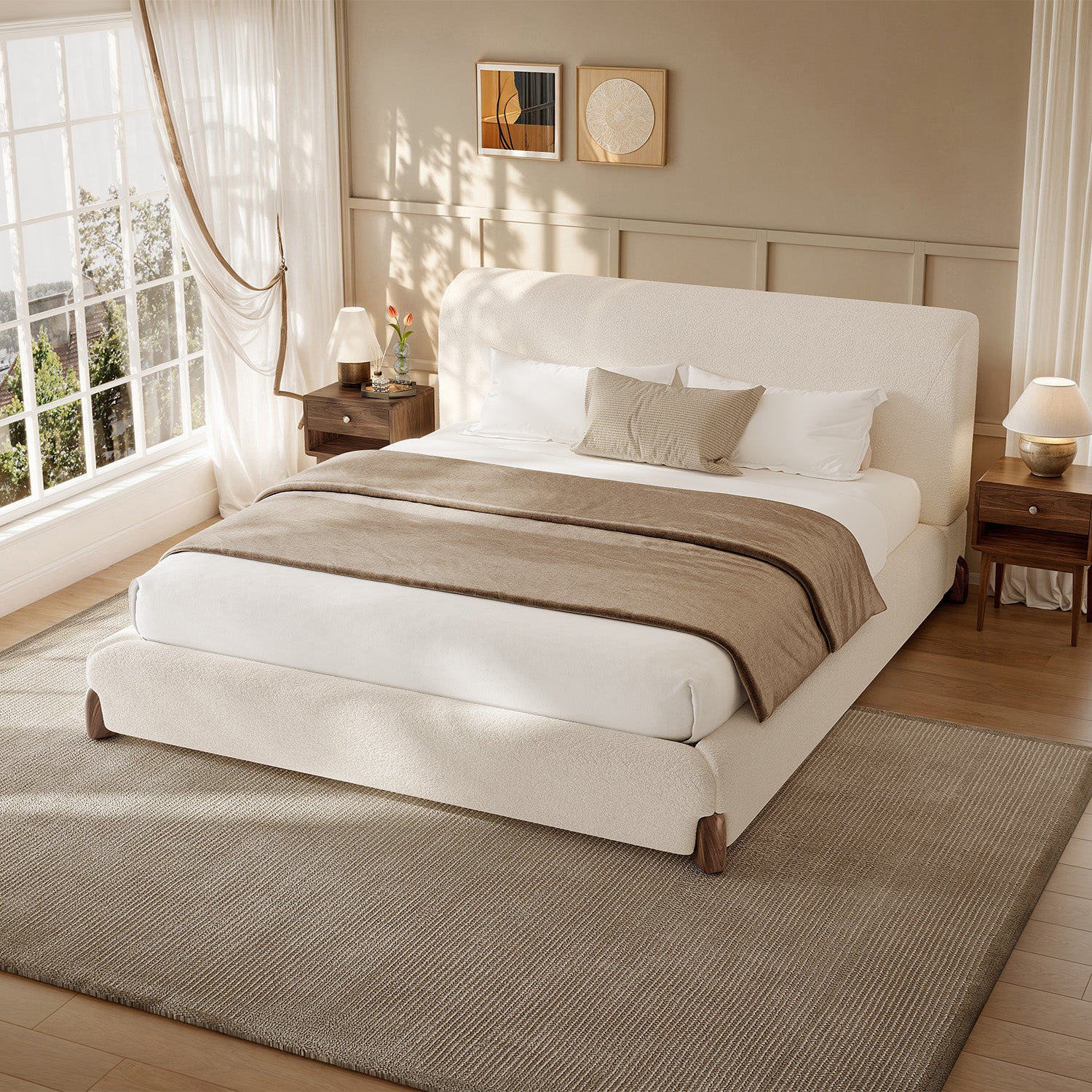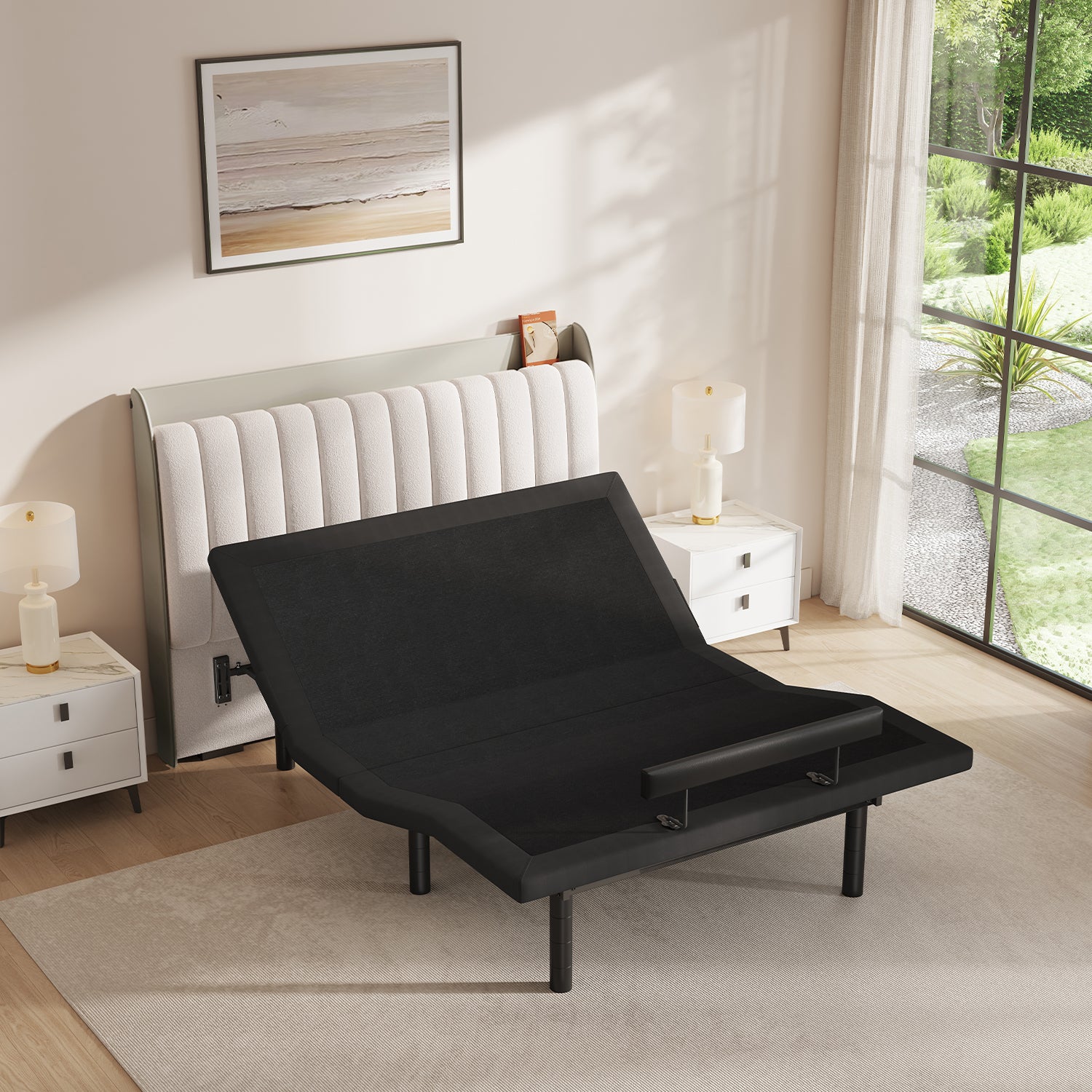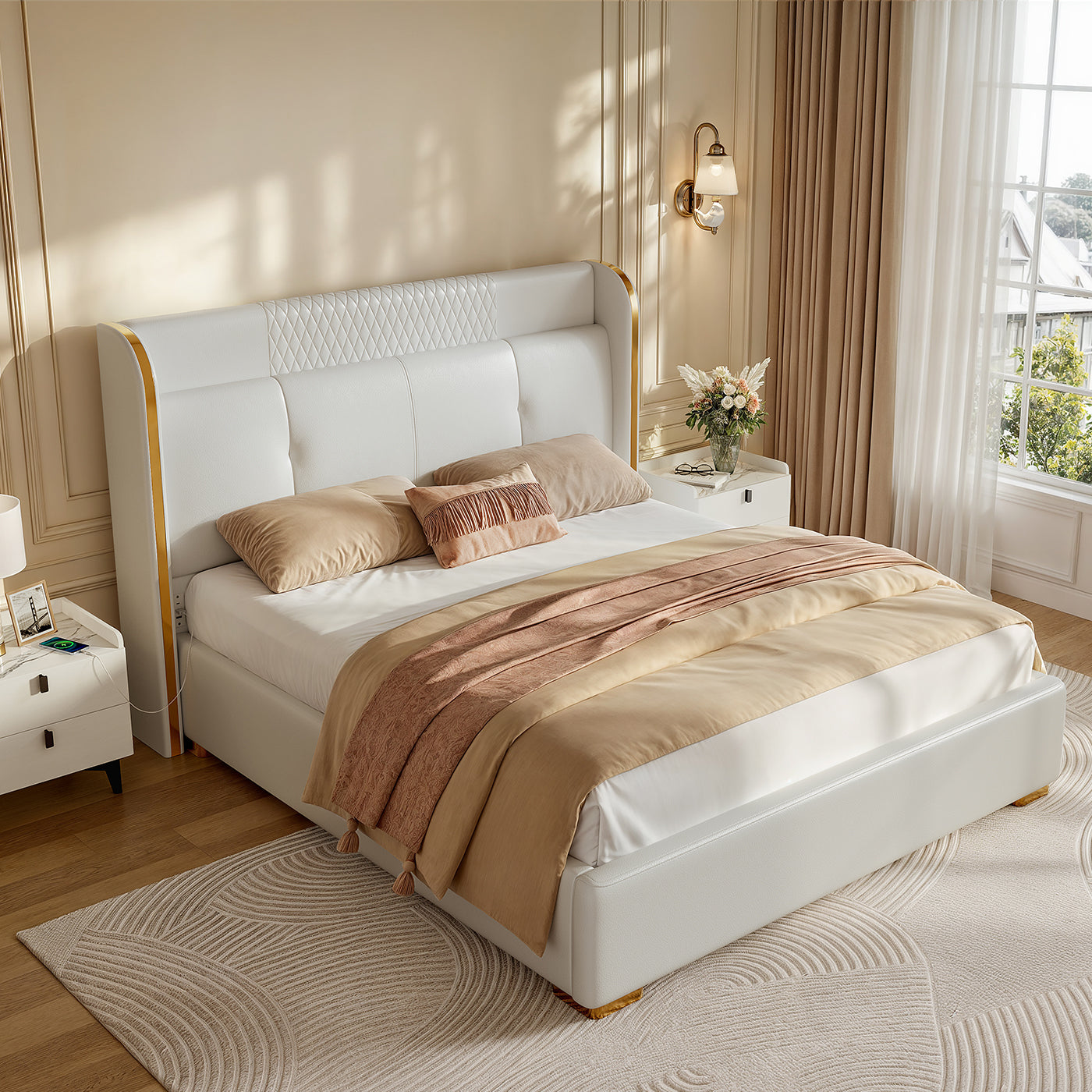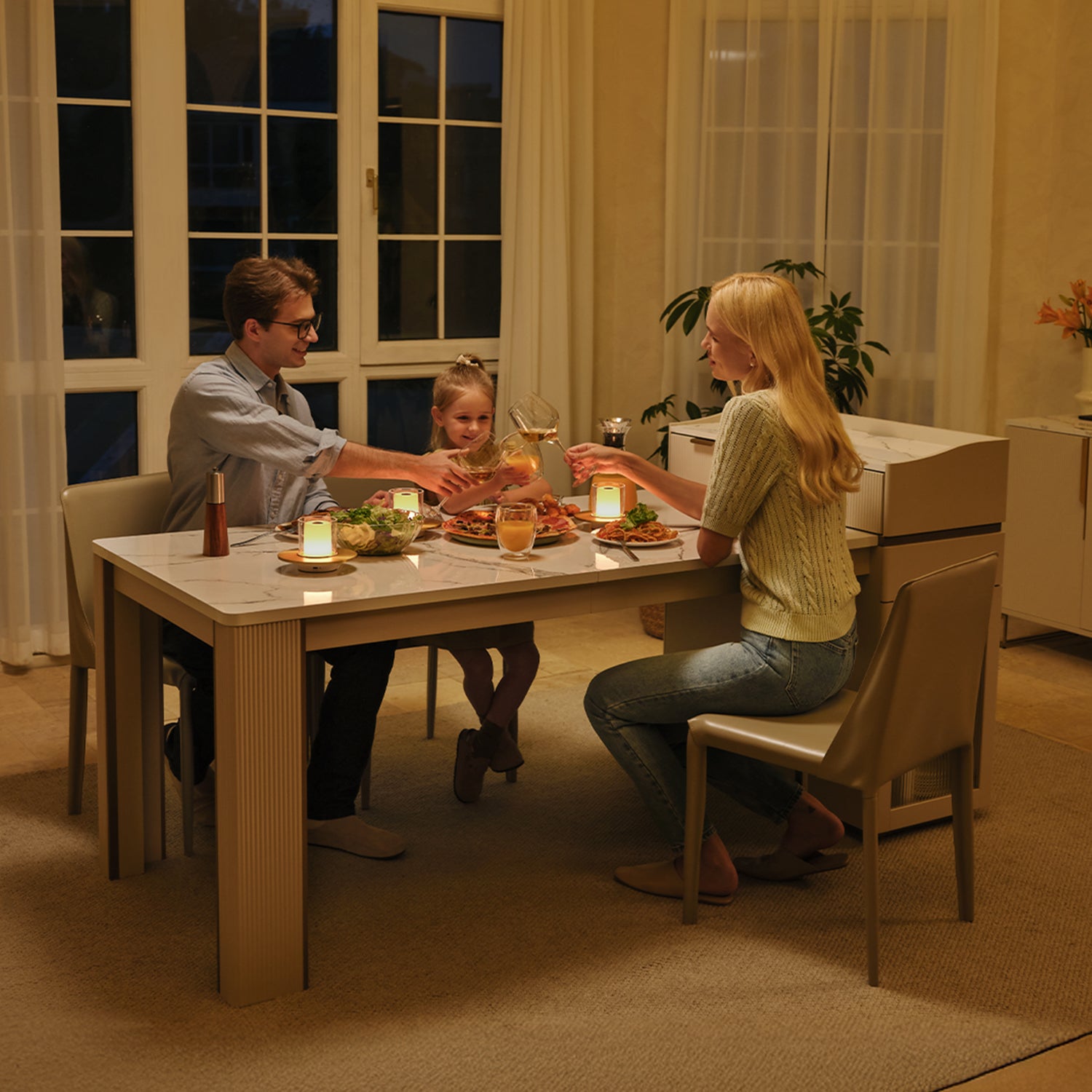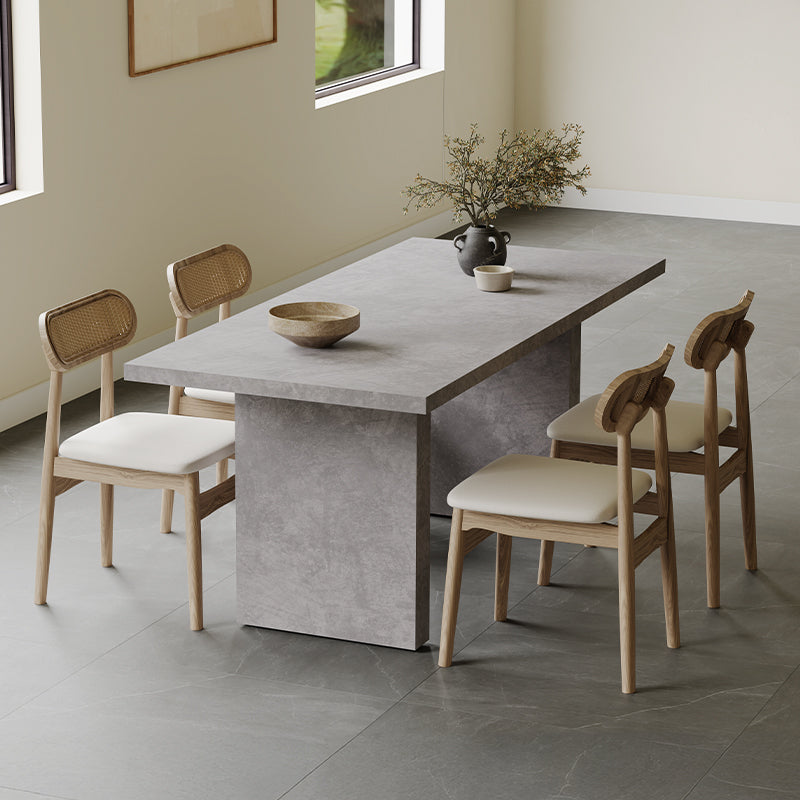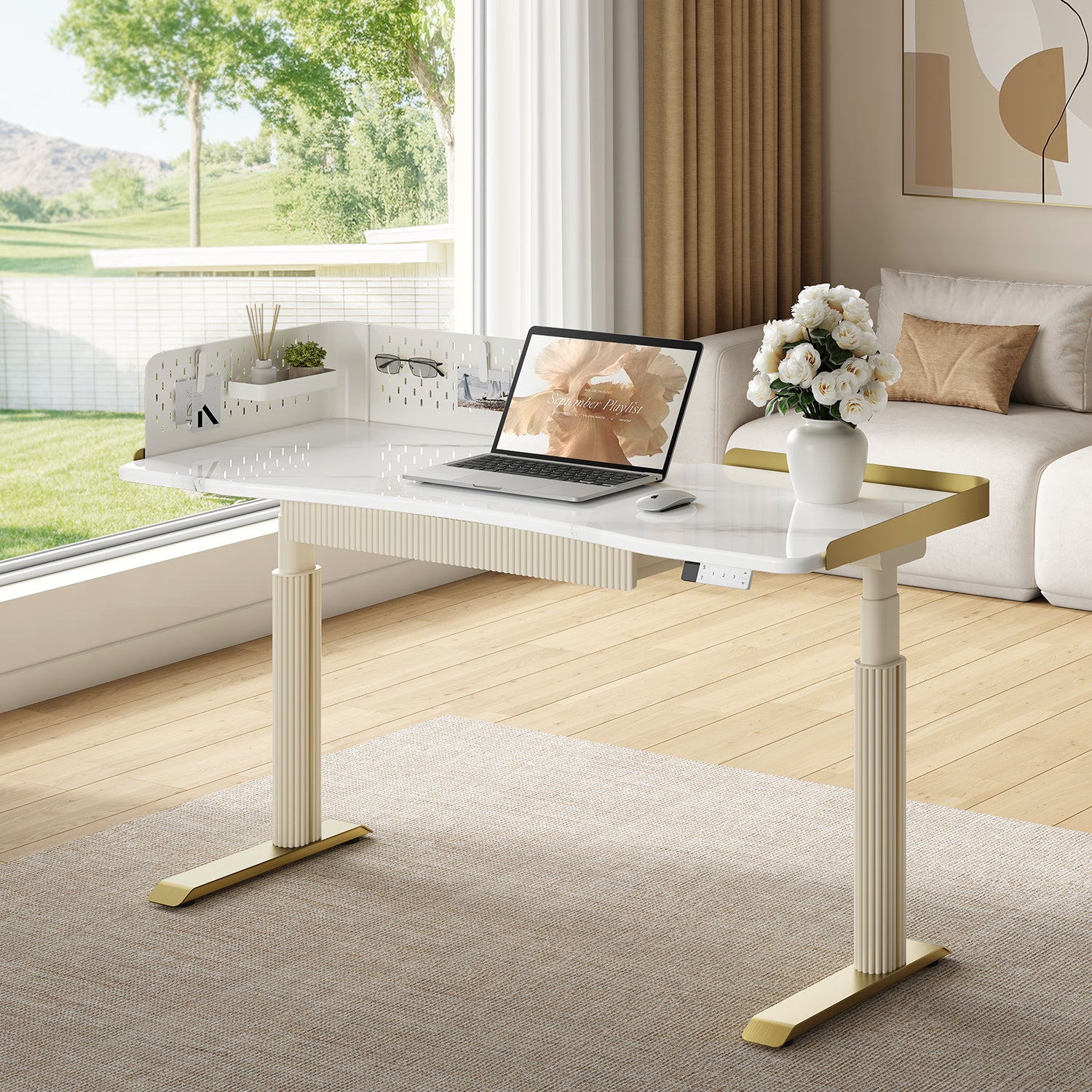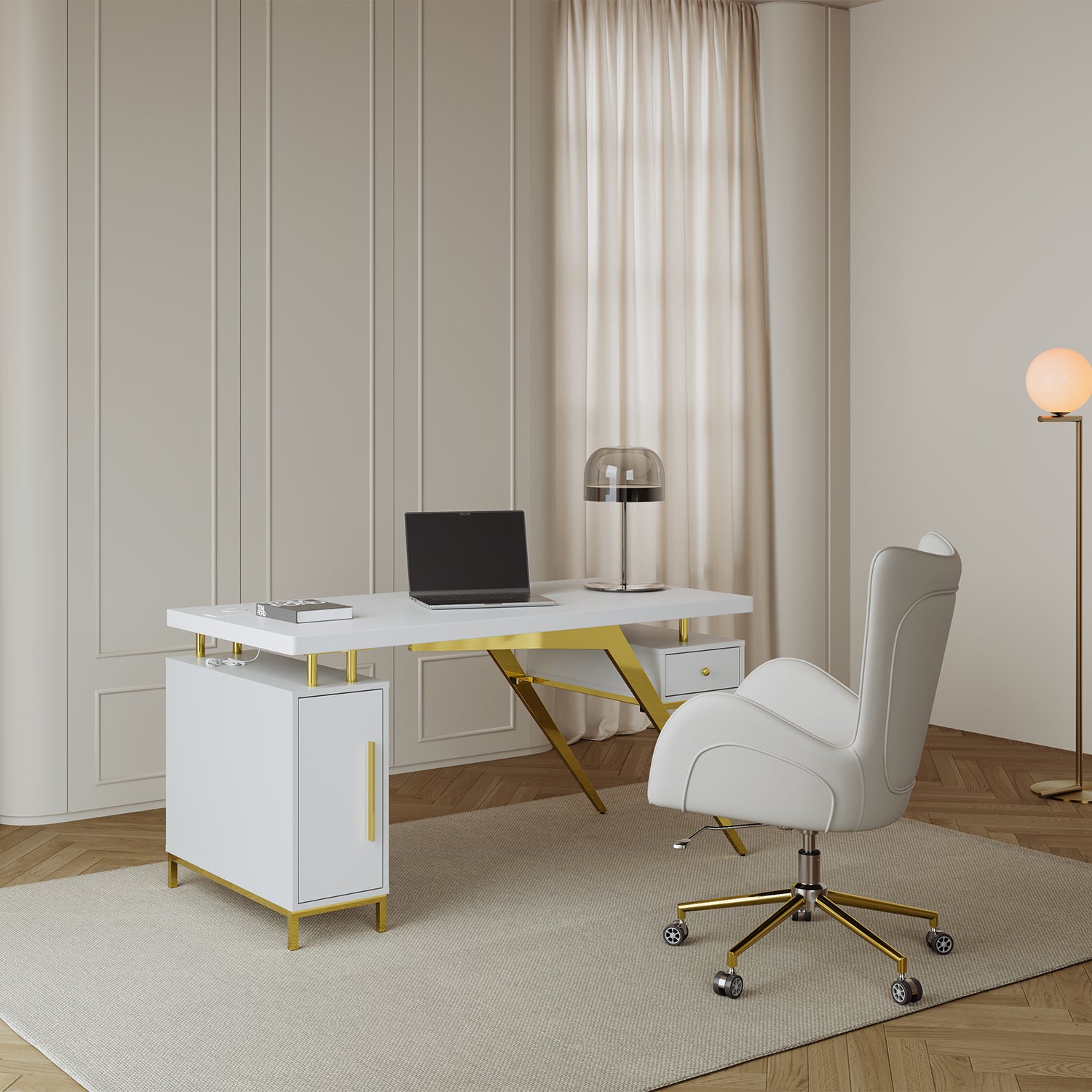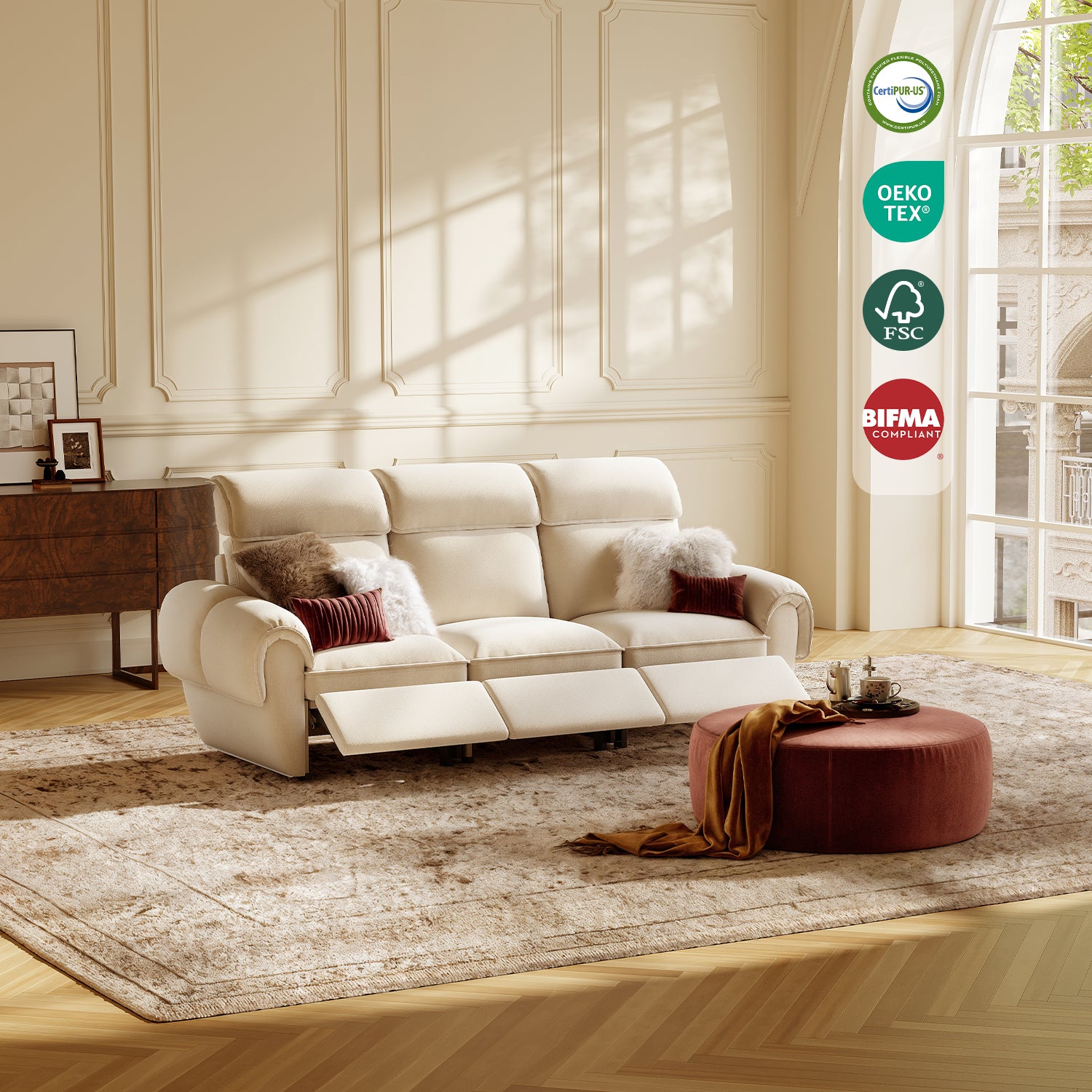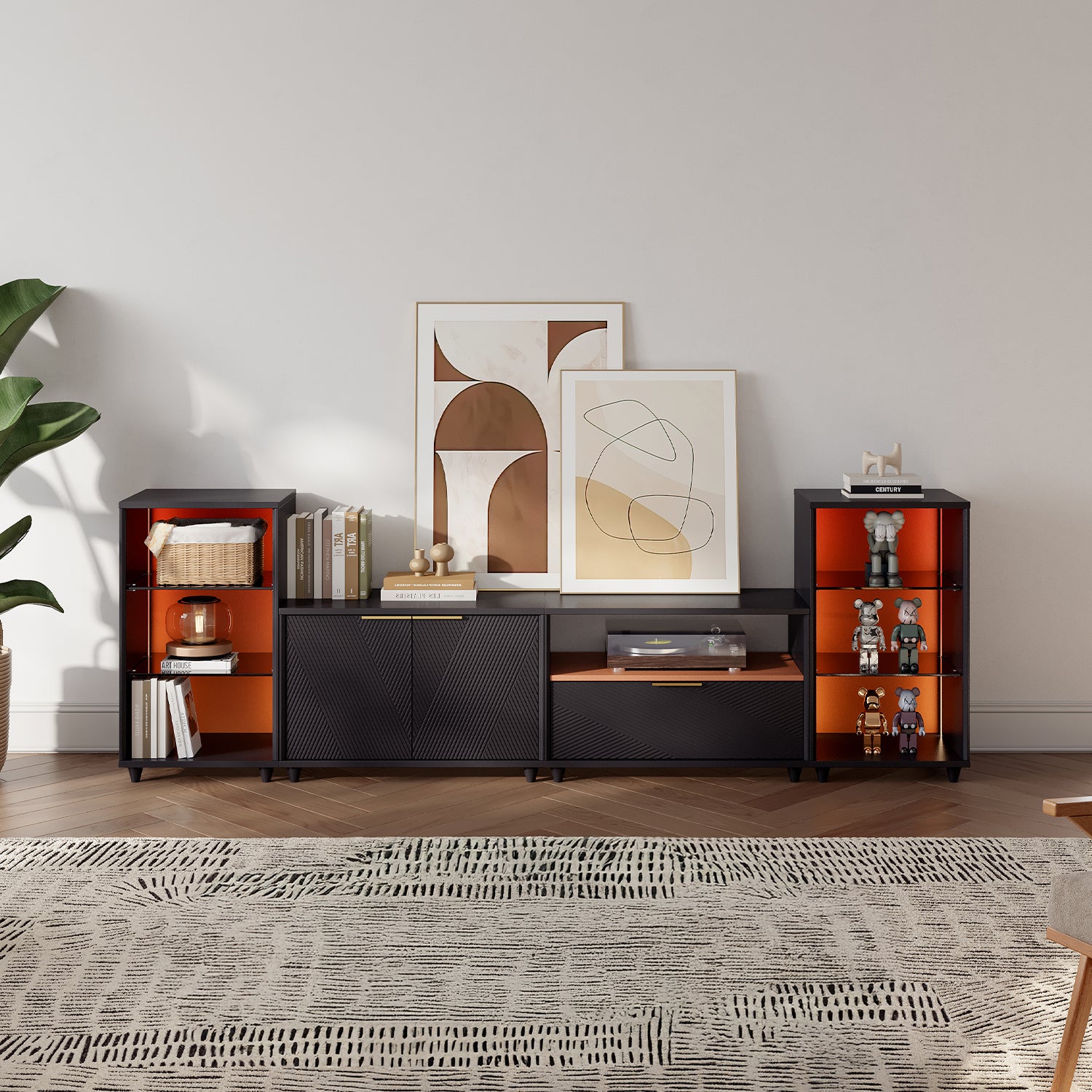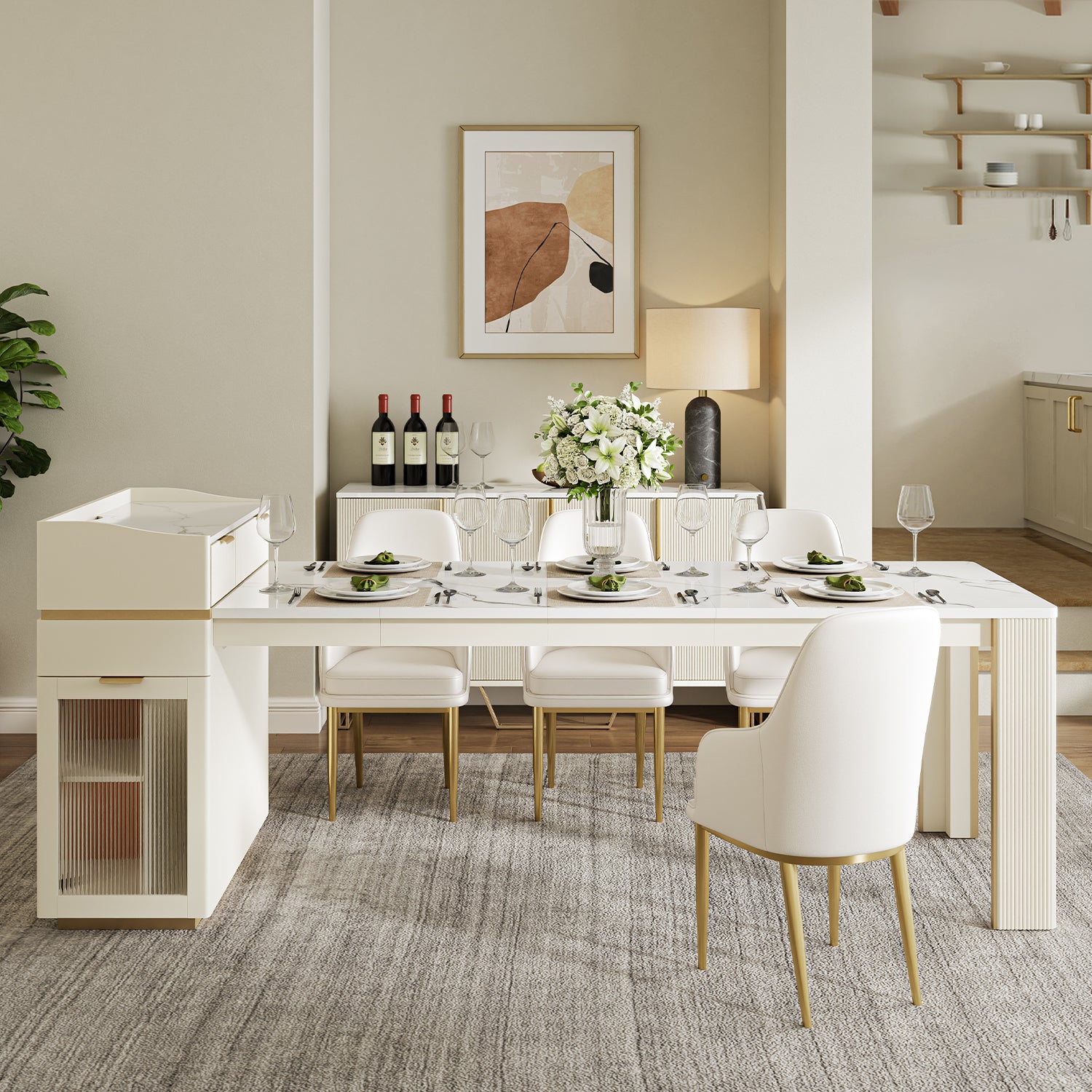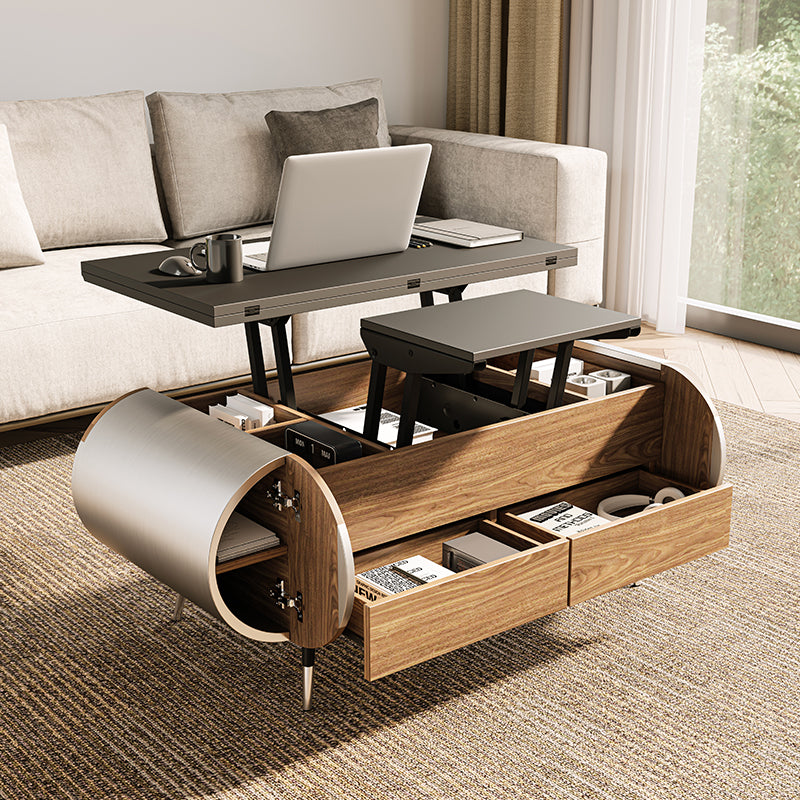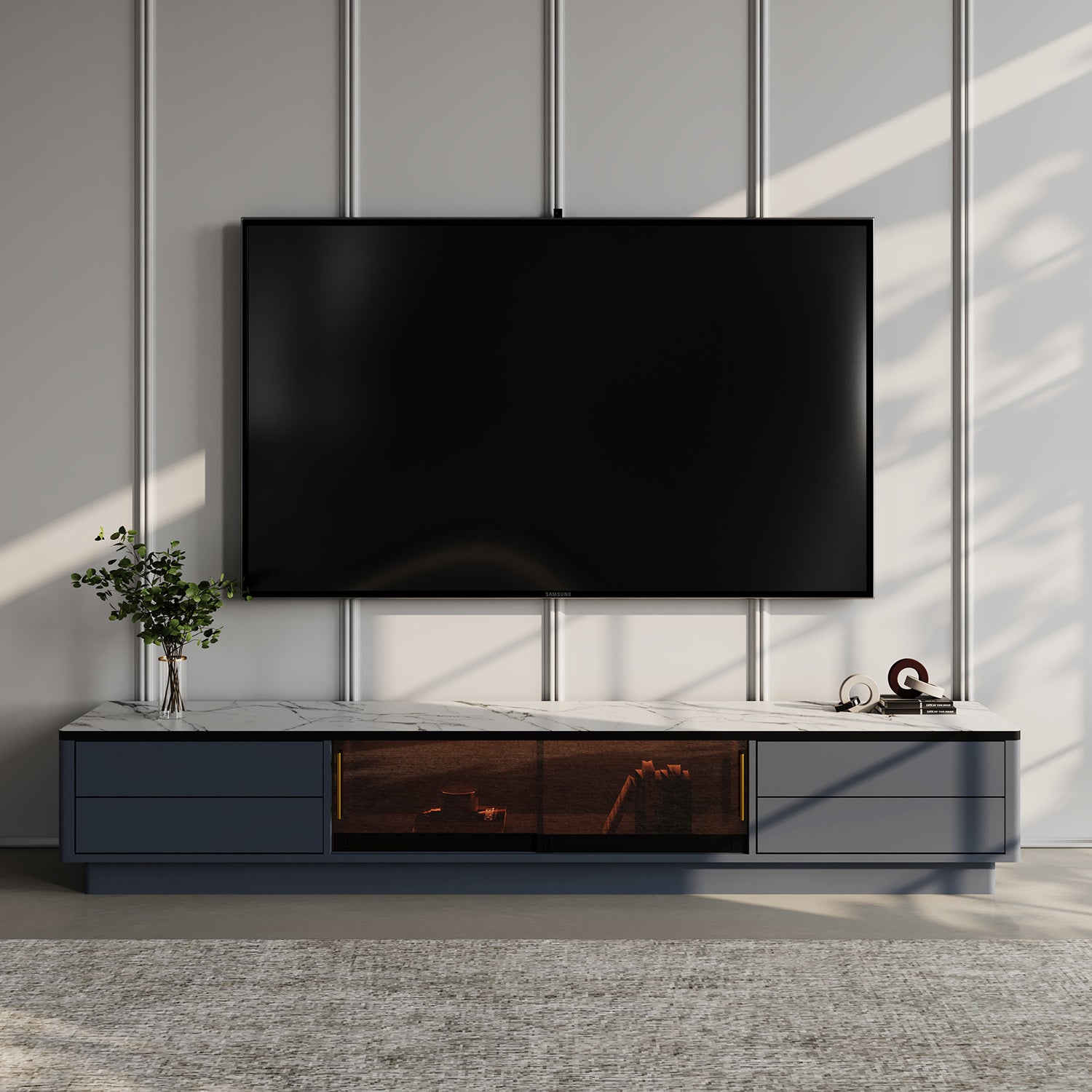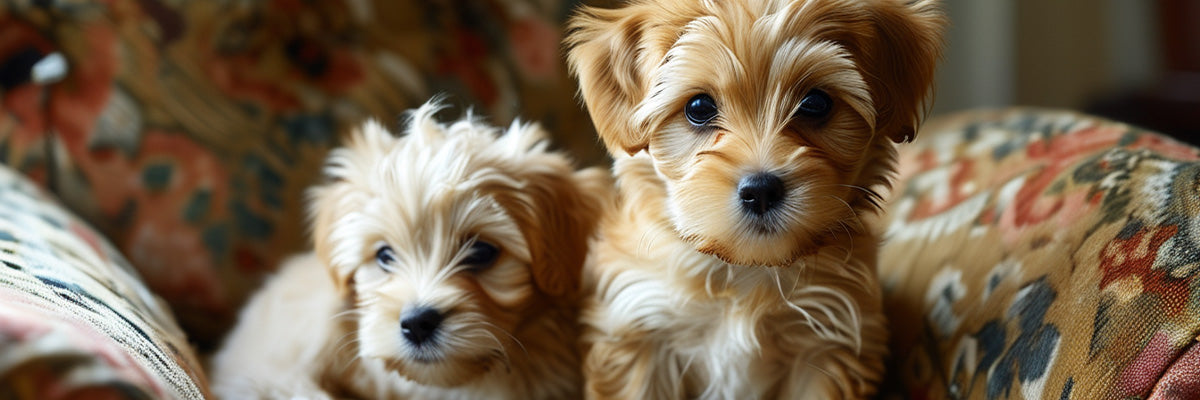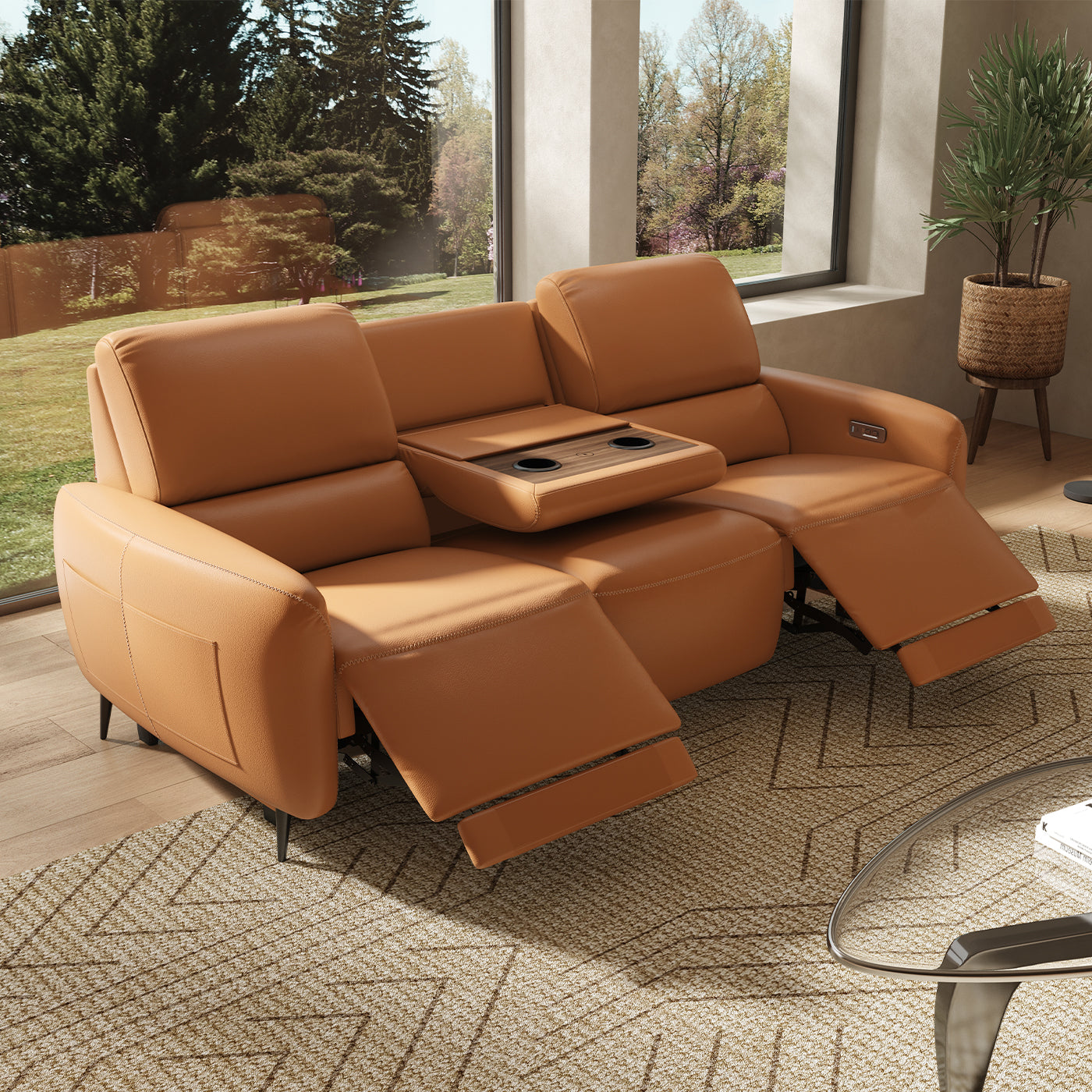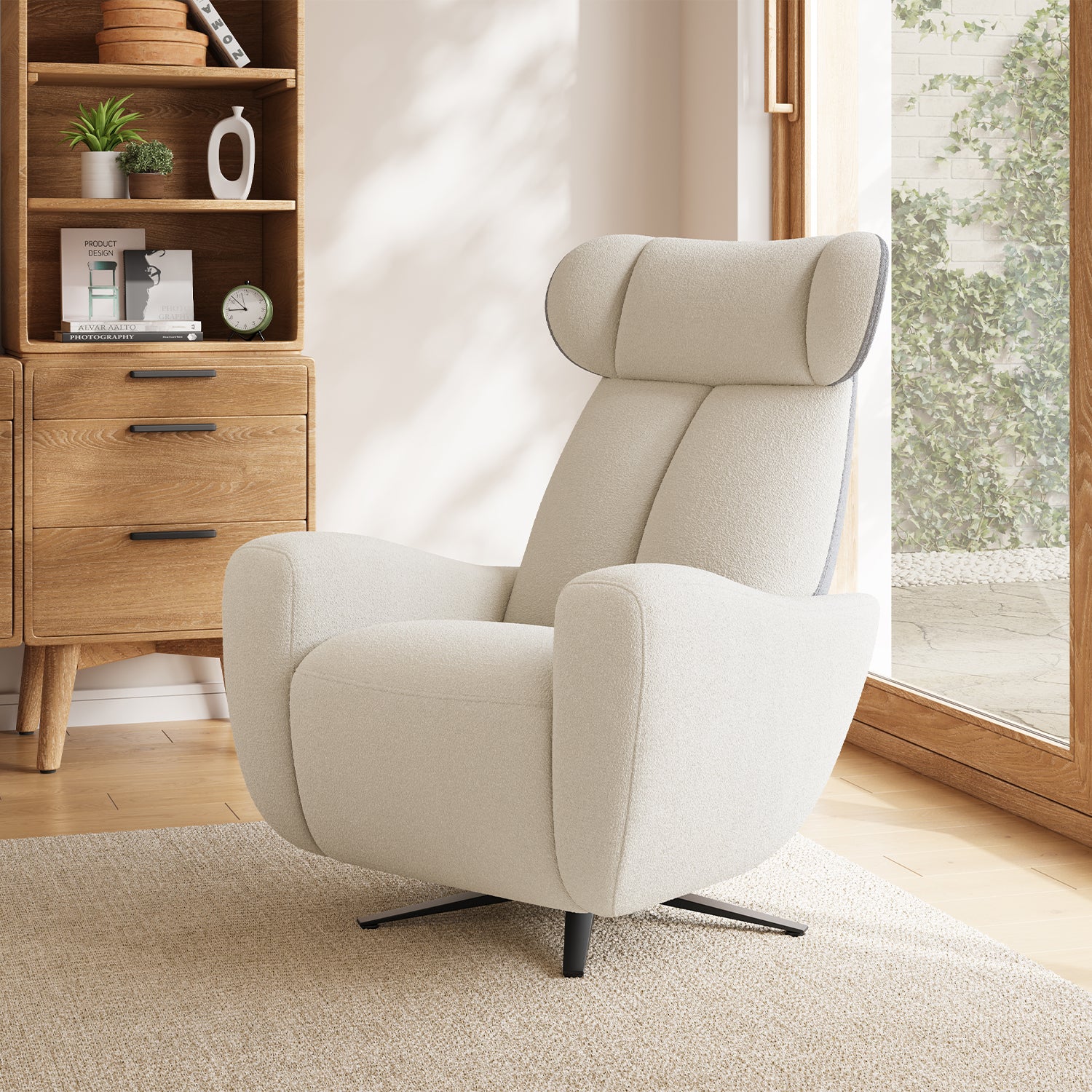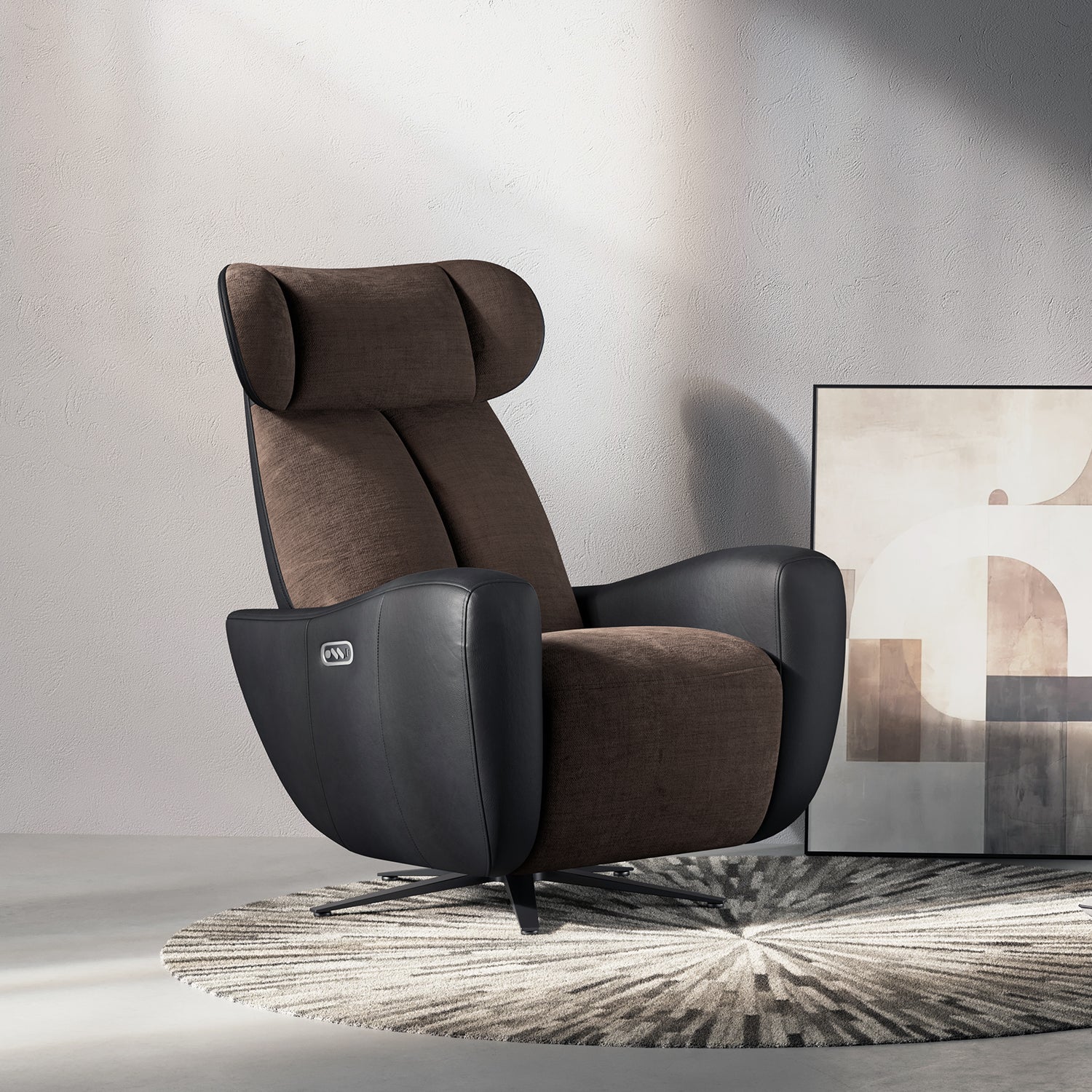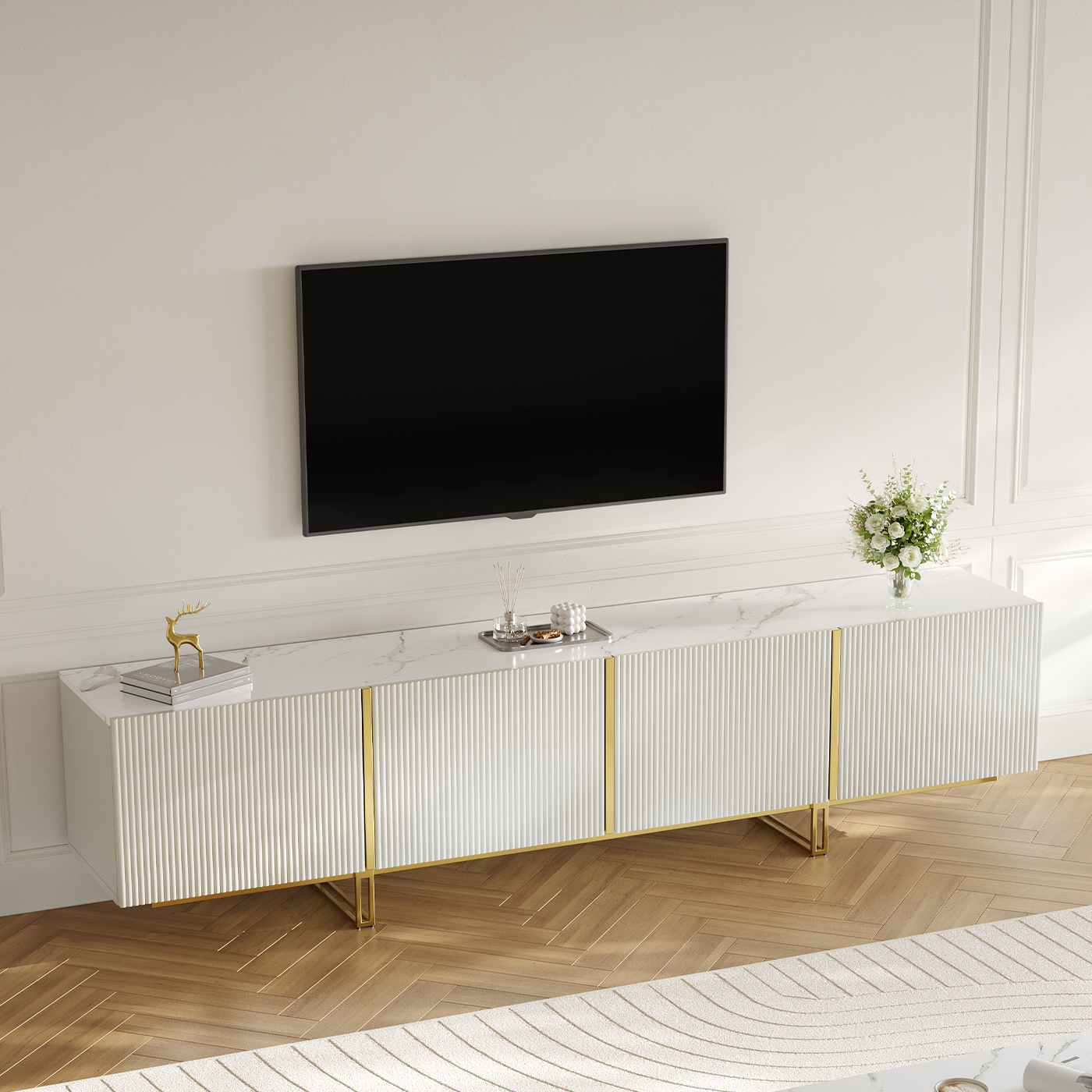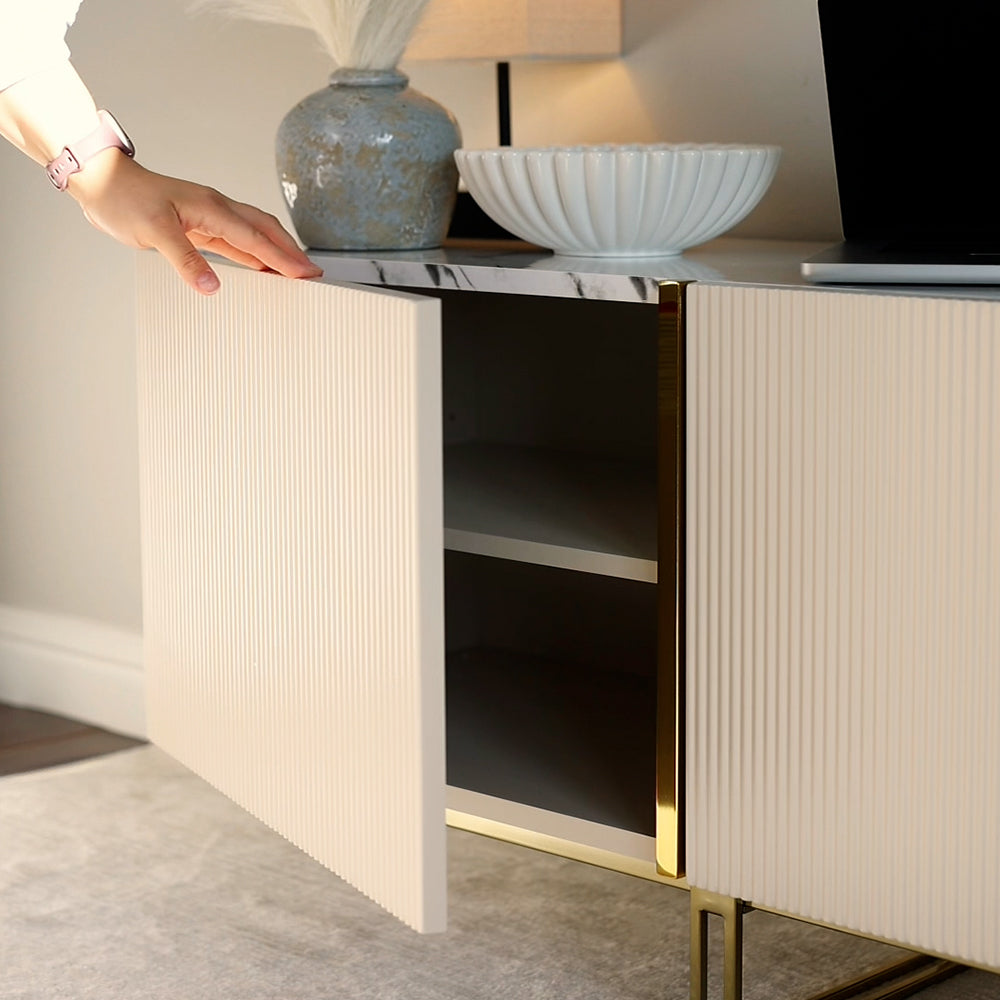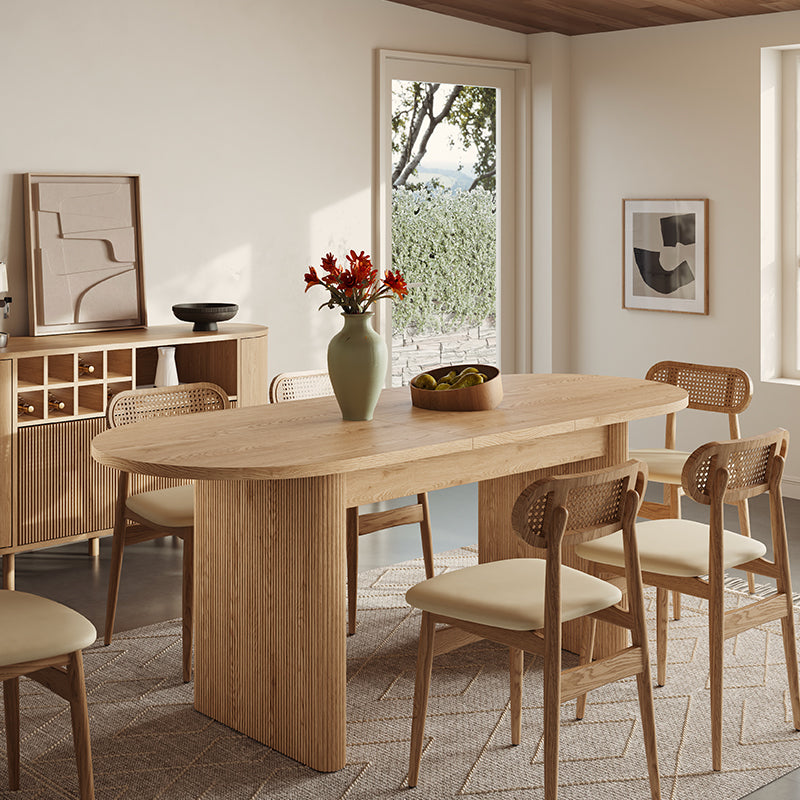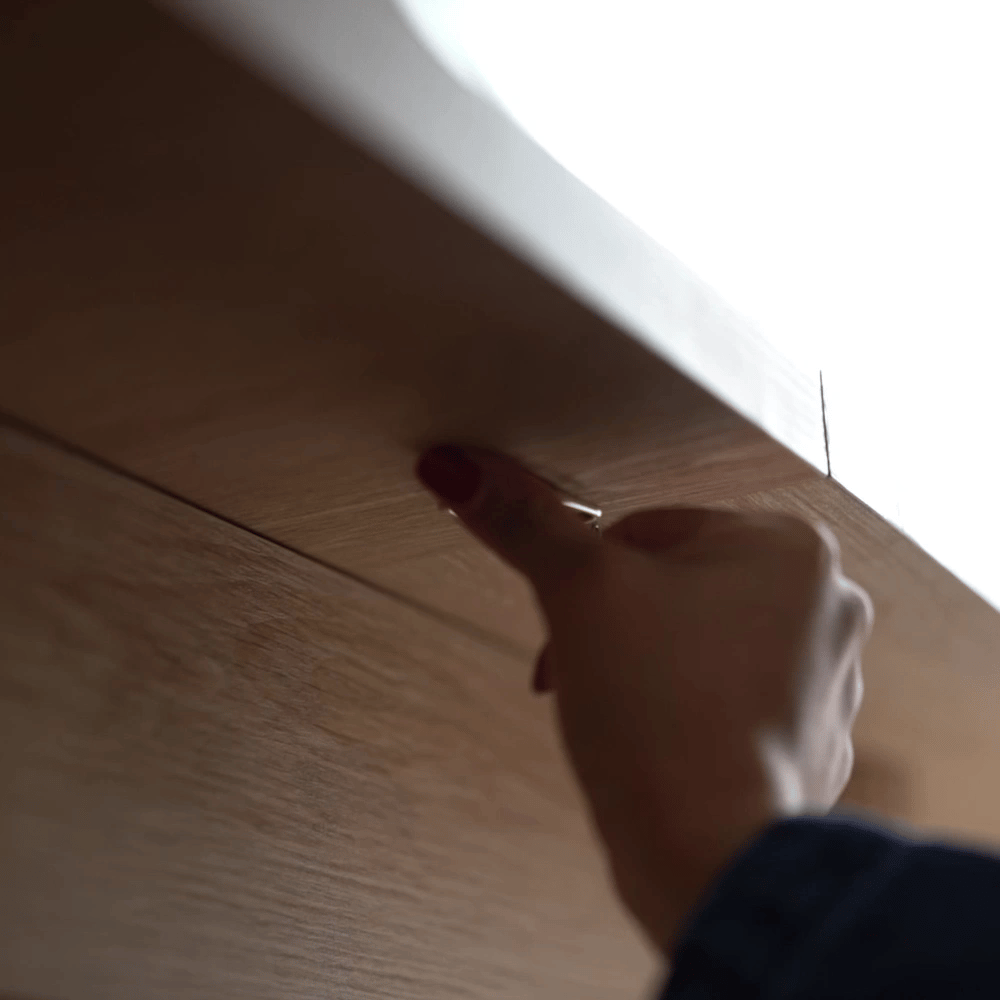Welcoming a new puppy into your home is an exciting and rewarding experience, but it often comes with challenges, including potty training. One common issue many pet owners face is their puppy peeing on the couch. This behavior can be frustrating, but it’s important to understand that your puppy isn’t doing it out of spite. Instead, it’s a natural result of their age, instincts, and environment. In this article, we’ll explore the reasons why puppies may pee on the couch and provide practical tips to address and prevent the behavior.
Table of Content
1. Why Puppies Pee on the Couch?

a. Lack of Potty Training
One of the most common reasons a puppy pees on the couch is simply because they haven’t yet learned where they’re supposed to go. Puppies are still developing bladder control and need guidance to understand that the couch is not an acceptable place to relieve themselves.
b. Scent Attraction
Puppies are highly sensitive to scents. If the couch has traces of urine from a previous accident or smells like other pets, your puppy may be drawn to pee there again. Even if you’ve cleaned the area, residual odors can linger and encourage repeat accidents.
c. Marking Behavior
Although marking behavior is more common in older dogs, some puppies begin marking early, especially as they approach sexual maturity. Marking is their way of claiming territory and is often triggered by new scents, other pets, or changes in the home environment.
d. Anxiety or Stress
Puppies may pee on the couch as a response to anxiety or stress. Moving to a new home, loud noises, unfamiliar people, or changes in routine can overwhelm them, leading to accidents.
e. Medical Issues
In some cases, peeing on the couch could be a sign of a medical problem, such as a urinary tract infection (UTI) or bladder issue. Puppies experiencing discomfort may urinate more frequently and in inappropriate places.
f. Easy Access and Comfort
The couch is a soft, elevated surface that may feel more appealing to your puppy than the cold, hard floor. Without proper training and supervision, your puppy may view the couch as a comfortable and convenient spot to relieve themselves.
2. Steps to Address the Problem
Establish a Potty Training Routine
Potty training is essential to teaching your puppy where and when to urinate.
- Frequent Bathroom Breaks: Take your puppy outside frequently, especially after eating, drinking, playing, or waking up.
- Designated Spot: Choose a consistent outdoor area for bathroom breaks to help your puppy associate the location with relieving themselves.
- Positive Reinforcement: Reward your puppy with praise or treats when they pee in the right place.
Limit Access to the Couch
While training, prevent your puppy from accessing the couch unsupervised:
- Use Baby Gates: Block off the living room or specific areas where the couch is located.
- Supervise Closely: Keep an eye on your puppy when they’re in the same room as the couch.
- Provide Alternatives: Offer a cozy dog bed or blanket on the floor as a more appropriate resting spot.
Clean Accidents Thoroughly
Properly cleaning up accidents is critical to preventing repeat behavior:
- Use Enzyme Cleaners: These break down urine molecules and eliminate odors that attract puppies to the same spot.
- Avoid Ammonia-Based Cleaners: These can mimic the smell of urine and encourage further accidents.
- Wash Couch Covers: If your couch has removable covers, wash them with odor-neutralizing detergents.
Address Stress or Anxiety
If anxiety is causing the behavior, focus on creating a calming environment for your puppy:
- Maintain a Routine: Puppies thrive on consistency, so stick to a regular schedule for feeding, playtime, and bathroom breaks.
- Provide Comfort: Use toys, blankets, or calming sprays to help your puppy feel secure.
- Gradual Exposure: If new people or pets are causing stress, introduce them slowly and positively.
Rule Out Medical Issues
If your puppy’s couch-peeing habit persists despite training efforts, consult a veterinarian. They can check for medical conditions like UTIs or other underlying problems that may contribute to the behavior.
f. Discourage Marking
For puppies showing signs of marking:
Neuter/Spay: Spaying or neutering your puppy can reduce hormone-driven marking behavior.
Interrupt Marking: Catch your puppy in the act and gently redirect them to an appropriate potty spot.
Increase Supervision: Marking is less likely when you’re able to intervene promptly.
3. Long-Term Prevention Tips

a. Reinforce Good Habits
Consistency is key. Over time, your puppy will learn the correct behavior if you remain patient and persistent.
b. Provide Ample Exercise and Mental Stimulation
A tired puppy is less likely to engage in unwanted behaviors, including inappropriate urination. Regular playtime and mental enrichment keep your puppy happy and reduce stress.
c. Invest in Couch Covers
To protect your couch, use waterproof couch covers or throws during the training phase. These are easy to clean and can minimize damage from accidents.
d. Train "Off" Commands
Teach your puppy the “off” command to discourage them from jumping on the couch unless invited. Positive reinforcement can help them understand boundaries.
4. Patience and Understanding
It’s important to remember that puppies are still learning and accidents are a normal part of their development. Scolding or punishing your puppy for peeing on the couch can increase anxiety and worsen the problem. Instead, focus on positive reinforcement and proactive training.
By addressing the root cause—whether it’s a lack of training, stress, or medical issues—you can correct the behavior and build a stronger bond with your puppy. With time, consistency, and patience, your furry friend will grow into a well-trained companion who knows where (and where not) to go.
5. Conclusion
Puppies peeing on the couch may be a temporary issue, but it requires swift action and understanding to resolve. Whether it's due to potty training, anxiety, or health concerns, identifying the cause is the first step to implementing effective solutions. By following the tips outlined in this article, you can create a positive learning environment for your puppy and enjoy a clean, comfortable home once again.
If you want to buy our home furniture or couch for living room, you can check out more on our store

